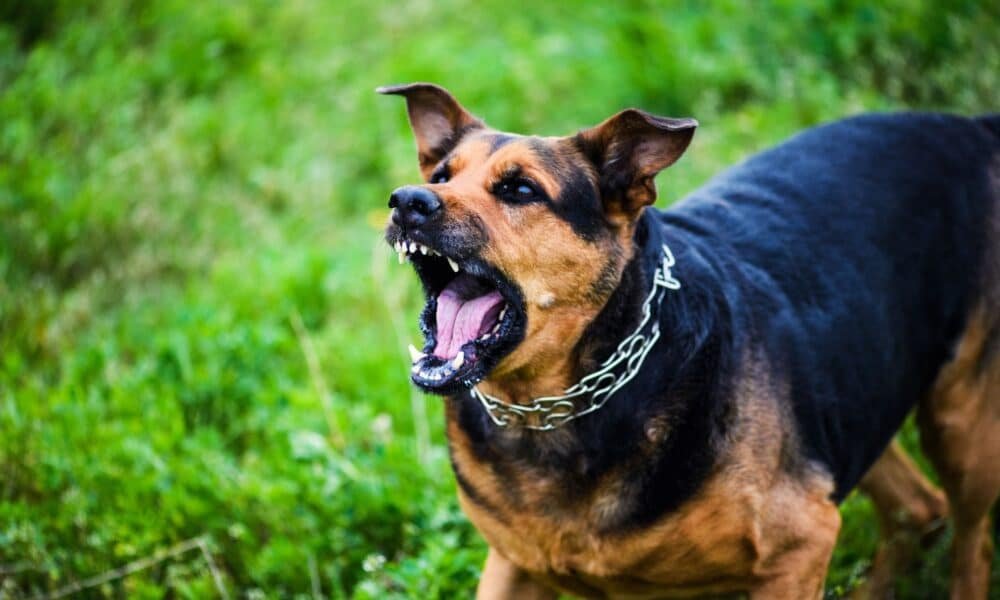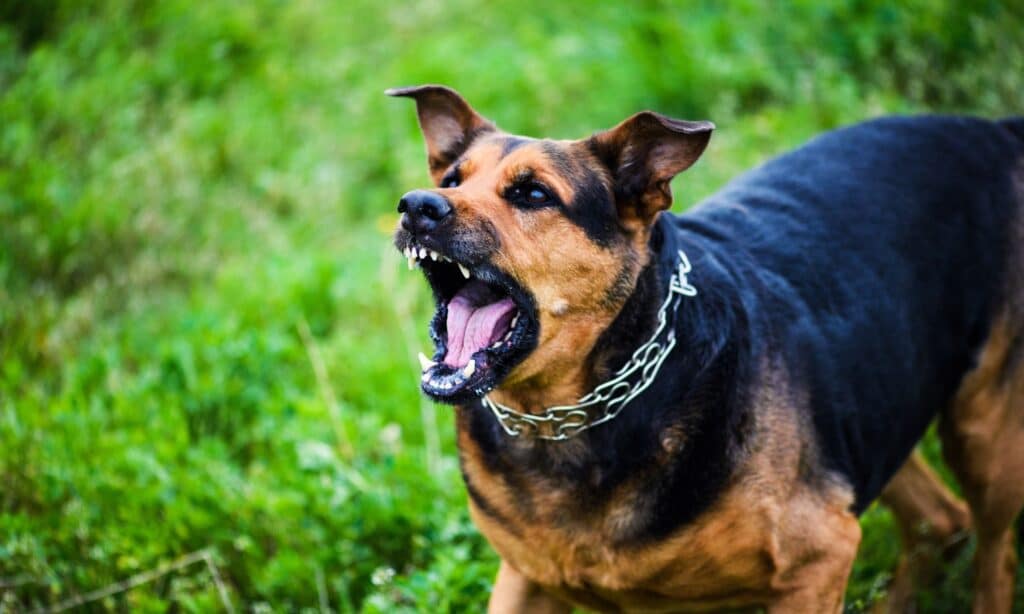

Before we delve into the topic, let’s first clarify what a reactive dog means. A reactive dog is one that responds to a specific stimulus with an intensity higher than usual. Common signs of a reactive dog include growling, a tense body, barking, urinating, and snapping. If your dog is exhibiting behaviors that are more intense than usual, he is considered reactive.
Reactivity can often lead to aggression, which can be challenging to distinguish until the behavior escalates. Here are some strategies to help your reactive dog stay calm.
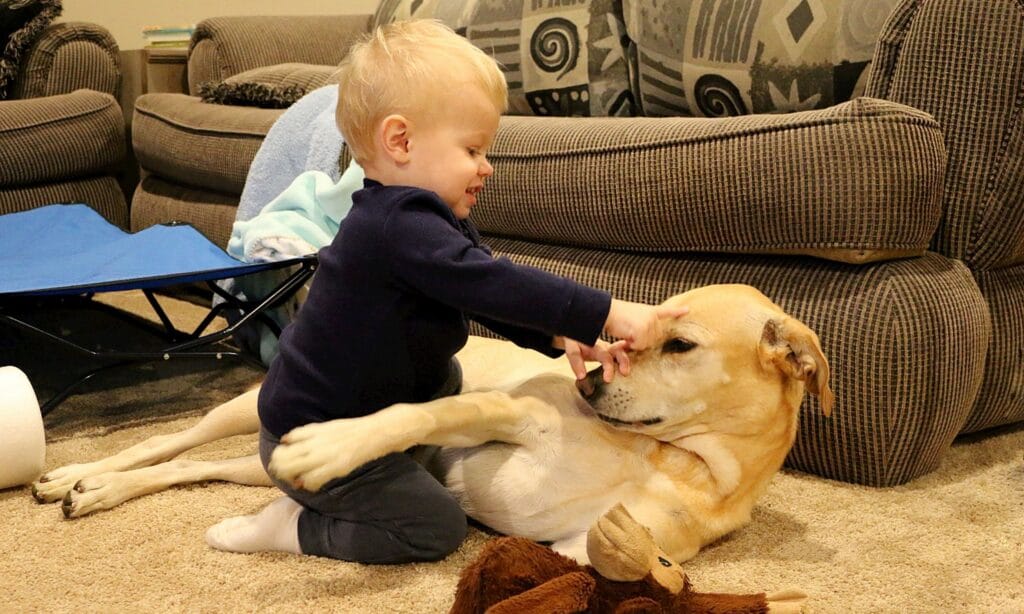

Identify His Triggers
Observe your dog’s body language to understand his triggers. Since dogs can’t verbalize their feelings, it’s essential to pay attention to their body language in various situations. Triggers for your dog may include being touched by strangers, loud noises, being restrained, and unfamiliar movements or objects. If you’re unsure how your dog will react to a stimulus, introduce it gradually or avoid it altogether.
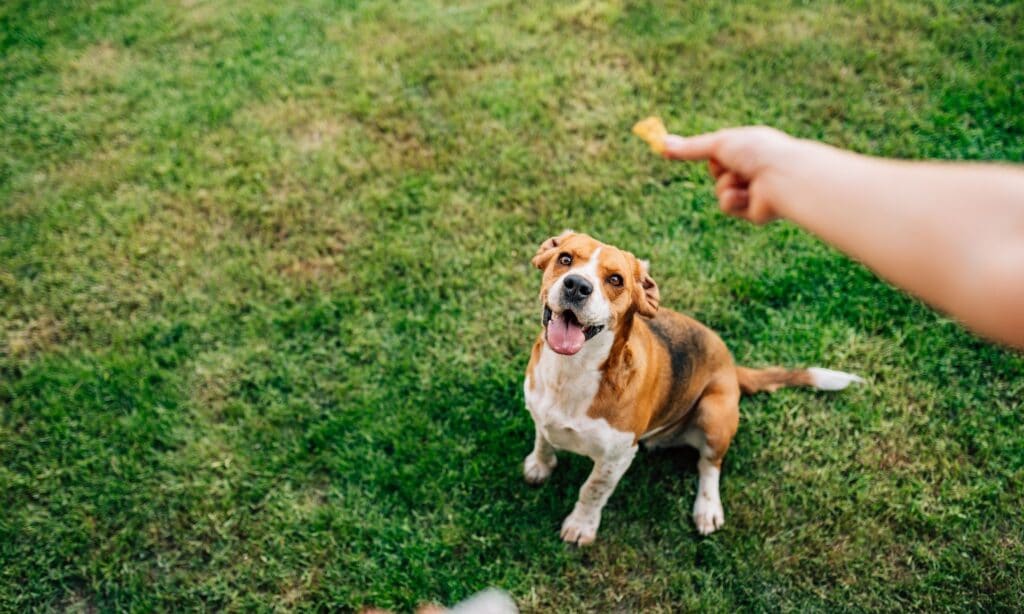

Counter-Conditioning and Desensitization
Counter conditioning involves teaching your dog to change its emotional response to a stimulus, while desensitization entails exposing your pet to a stimulus at a low level to prevent an undesired reaction. The key is to introduce the stimulus, offer a treat before any reaction occurs, then move away from the stimulus. Gradually increase the intensity of the stimulus as your pet becomes less reactive. Reward calm behavior to reinforce positive responses.


Change Routine
Modify your dog’s environment to prevent triggering reactive behaviors. Limit visual access during walks, car rides, and block windows that may cause agitation. Utilize tools like crates and harnesses to assist in managing your dog’s reactive tendencies.
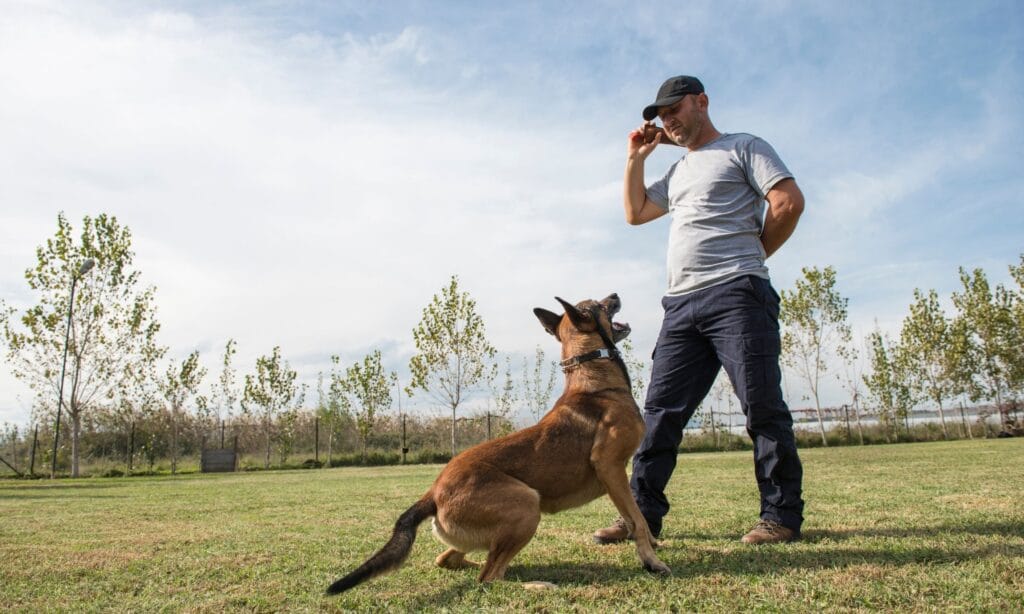

Avoid Aversive Training
Avoid using harsh training methods that do not address the root cause of reactive behavior and can harm your dog. Intimidation, shock collars, and severe corrections only suppress the dog’s reactive behavior temporarily. Aversive training can lead to increased stress and worsen behavioral issues in dogs.
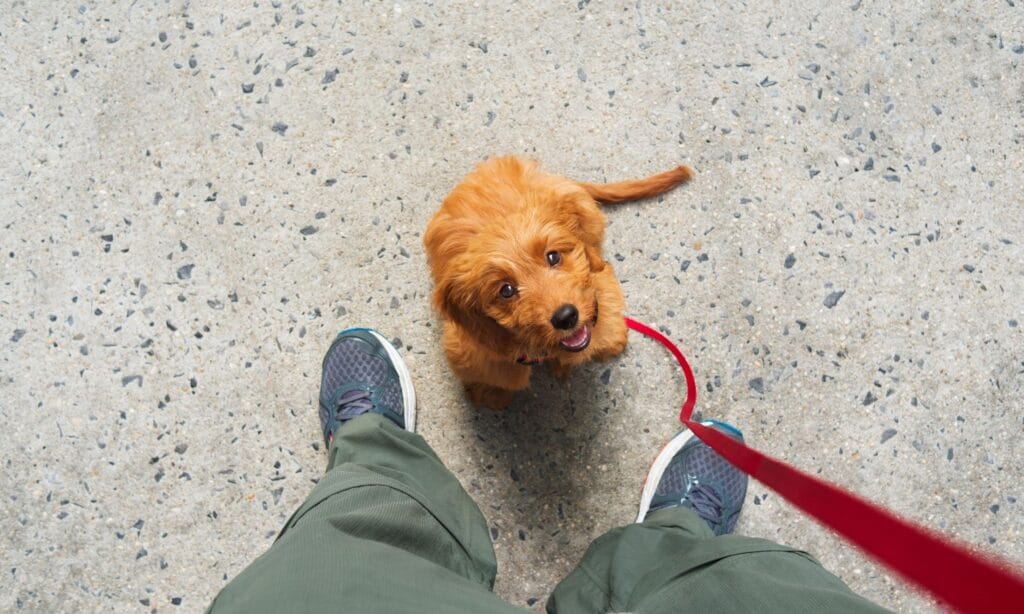 Calming Dog Guide Reactive
Calming Dog Guide Reactive
